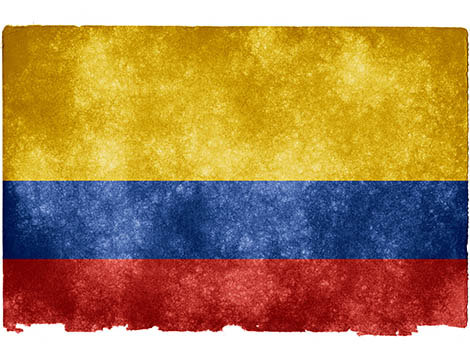
Juan Manuel Santos, the Colombian President, has been awarded the Nobel Peace Price “for his efforts to bring a more than 50-year long civil war to an end.” While international observers might have chosen other candidates this year, Santos deserves this award.
First, he secretly started peace negotiations early in his first administration when political opinion was inclined to further debilitate the country’s already weakened guerrilla groups, most importantly the Revolutionary Armed Forces of Colombia (FARC). Thanks to his experience as Minister of Defense in the previous government, he recognized that a military victory would have taken many more years and produced many more victims.
Second, he has invested all his political capital in these peace negotiations and sat through very difficult moments when others would have likely left the negotiating table. This commitment, incidentally, has contributed to his very low popularity ratings among Colombians, which have not caused him to change his mind about trying to achieve peace.
Third, he has been realistic enough to learn from mistakes made in earlier peace processes and designed a limited negotiation agenda that allowed for productive conversations with the FARC. Also, instead of an early and potentially fragile bilateral ceasefire, he promoted an informal de-escalation of military confrontation. This strategy has led to the lowest levels of conflict within Colombia since 1964.
Fourth, he chose to give Colombians the opportunity to express their support for the peace agreement in a Plebiscite vote, even though he was not legally obliged to do that. While Colombians rejected the peace agreement by a very narrow margin on October 2, Santos accepted his loss as a true democrat would, but has not given up on his goal to bring the peace process with the FARC to a positive end.
As the Nobel Committee stated, the award should also be seen as an “encouragement” for Colombians in general to move forward with this process. While the opposition party led by ex-president Álvaro Uribe opposed the peace agreement and has tried to exploit its newly gained political power to push for amendments to the pact, a broad, spontaneous manifestation of support on the streets of Bogotá showed that the moment for peace is ripe. The students who will continue to protest in Colombian cities and now the Nobel Committee are telling all the involved actors, including President Santos, ex-President Uribe and the FARC, that a renewed military confrontation is not an option.
About the Author
Enzo Nussio is a senior researcher at the Center for Security Studies (CSS), where he specializes in post-conflict issues and violence reduction in urban settings, mostly in Latin America.

